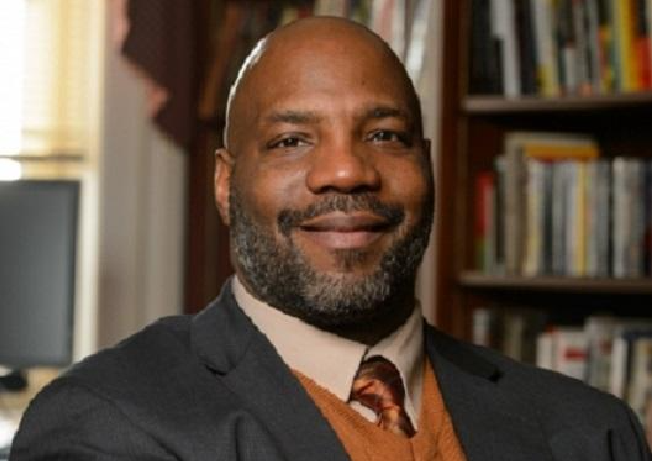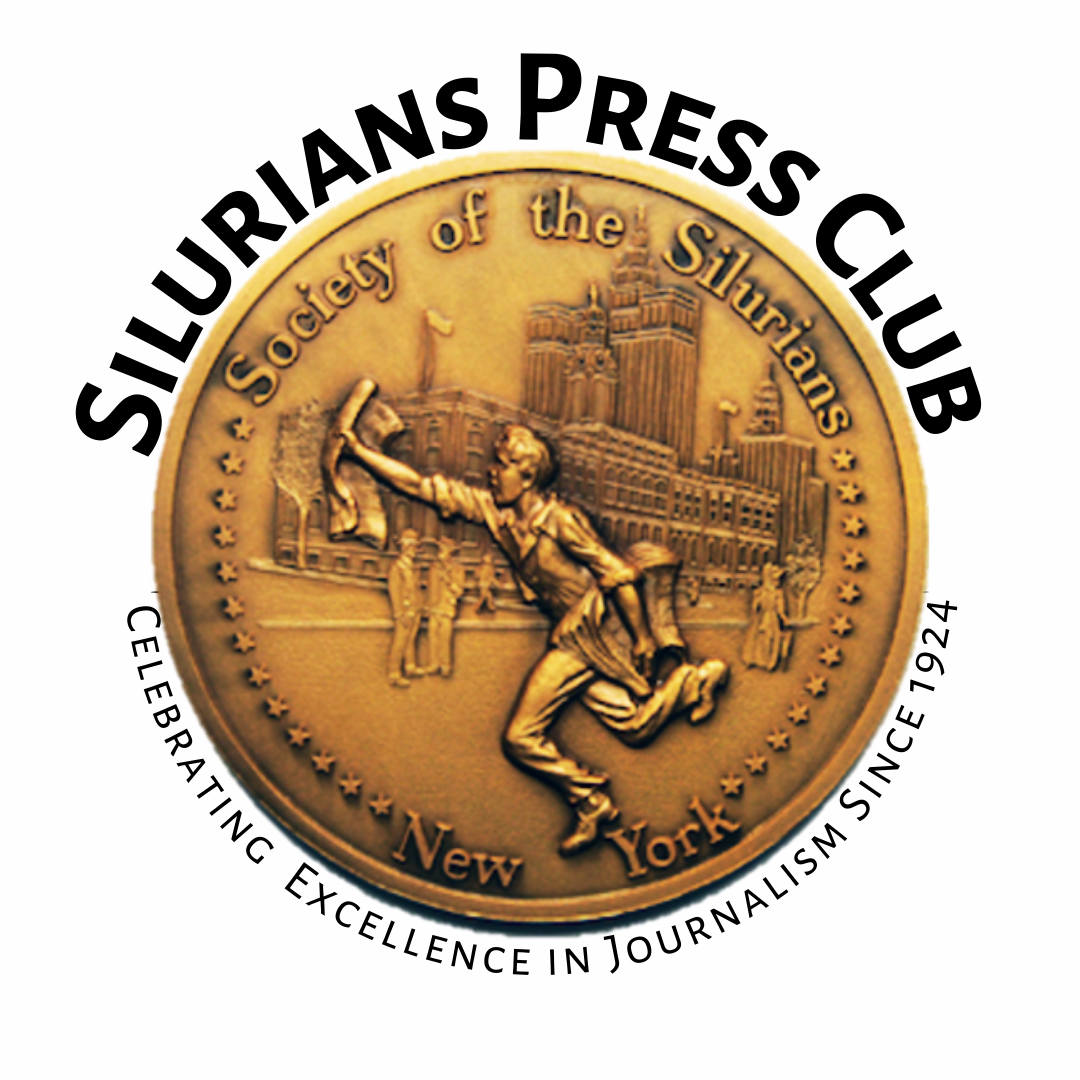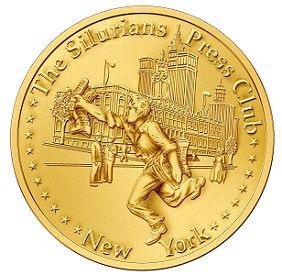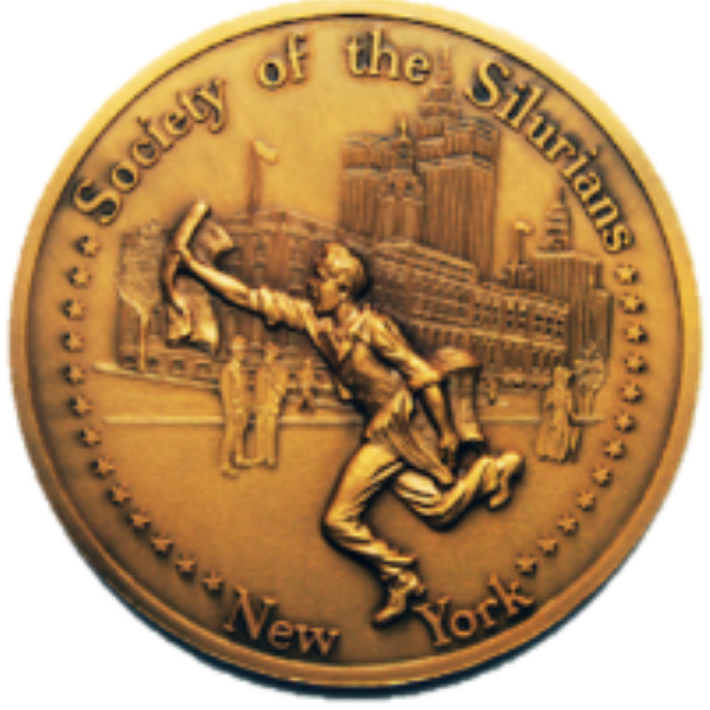
Jelani Cobb
Jelani Cobb: Columbia’s New Journalism Dean, Being Able to Afford to Pursue Dreams
By David A.Andelman
The average journalist’s salary in New York hovers right around the $50,000 mark, though few entry-level spots are available for much more than $45,000. So how does Jelani Cobb justify what he admits is the cost of a year at Columbia University’s prestigious Graduate School of Journalism that he estimates at $120,000 and where he’s been named the new dean?
“It becomes unfeasible for a lot of people to stay in journalism if they walk out with 40 or 50 thousand dollars in debt,” Dean Cobb admitted to the January luncheon of The Silurians Press Club under questioning by Allan Dodds Frank, a former Silurian president. But Dean Cobb is doing his best to find ways to fix this tuition crisis. “One of my top objectives is to raise enough money to offset the cost of our tuition,” he explained.
Without question that is a key priority for many professional schools. New York University’s Grossman School of Medicine has begun awarding every student enrolled in their MD program full-tuition scholarships “so that any student can pursue the dream of becoming a physician without the burden of overwhelming student debt,” the school says. Indeed, one of Dean Cobb’s dreams, he explained, would be to “create a program where for every student that goes into local news or nonprofit news and stays there for five years, over the course of those five years we will pay off your loans.”
But absent that, for the moment, Dean Cobb is looking at a whole range of value-added skills and competencies that Columbia can bring to journalism and that the school can offer its graduates. “We have an embarrassment of riches,” he observed, “the reputation we have, and having the history and the tradition that we have, we have applicants from all sorts of backgrounds and all sorts of skill sets. So, I see a pool of student perspectives, students who are really clear about the social function that journalism serves.”
Then it becomes a question of how to arm them with the skills and the perception of their new calling that will result in a product that fulfills the needs of a rapidly changing society. “How do you teach these kids to detect and ignore or challenge misinformation or disinformation—if there is, in fact, a difference between those two things,” Dean Cobb observed. “We want to see everyone more acutely informed about things like digital forensics. If someone is sending you a video and it purports to show Russian soldiers committing war crimes in Ukraine, how do you know that that video is what it says it is? How do you know that it is from January of 2023 and not from some unrelated conflict that happened two years ago?” Dean Cobb elaborated that students are being trained in “the forensics of where is the sun in this video? Where are the shadows? What time of day does it purport to be? Let’s get an atlas of the globe and see where the sun would be shining at that time of day, on that date. Are there serial numbers here? What kind of vehicle is that? When was that vehicle released? Is that vehicle a later model than it says it is?”
All of these skills, Dean Cobb observed are “a growth area.” And he points out, “Outlets are hiring in those areas.”
Dean Cobb was a product of New York schools, particularly his home borough of Queens, so he is acutely aware of one sad contemporary reality. “Less than 10% of the high schools in New York City have a school newspaper and those newspapers are disproportionately clustered at institutions that are in well-off communities,” he said. But in fact, this is not a new phenomenon. In the late 1990s, two of us who were senior editors at Bloomberg offered to help create a student newspaper at an inner city high school in Manhattan. It was a uniquely challenging task as there was no budget, no teacher with the most remote attachment to the craft. Persistence, though, paid off with a product everyone was proud to showcase.
But there is another skill, too, that Dean Cobb is most anxious to encourage and that springs from his own unique background with a Ph.D. in American history and deep roots as a New Yorker writer. “There are a lot of crucial histories that have been written by journalists and some pretty significant journalism that’s been written by historians,” he noted, pointing out that William Shirer who chronicled the history of the rise and fall of the Third Reich and Barbara Tuchman were both journalists at their core. It’s the common theme of doing the kind of forensic work to find out information that has been obscured or that is not visible to the public, digging into archives which reporters may need to do and historians do frequently, interviewing people, creating a cohesive narrative, and engaging the public, which I think are core skill sets that they have in common. Those historians’ sensibilities were useful to me.”
In the end, though, it all comes down to money—at least for the moment. “If I do anything as a dean that’s worthwhile,” Dean Cobb concluded, “it will be in diminishing the degree to which finances determine somebody’s ability to pursue their dreams.”


